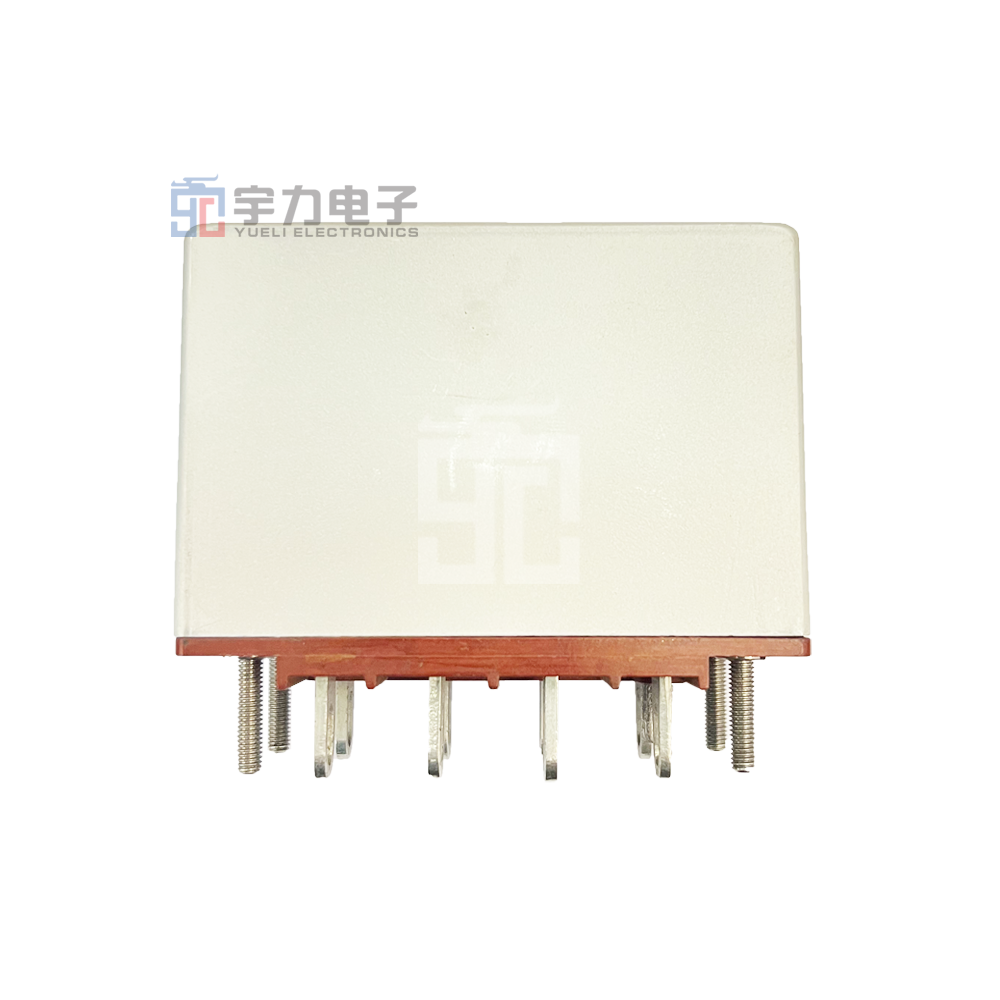Understanding DC Contactors: Essential Components for Efficient Electromechanical Control
2025-07-23

DC contactors are specialized types of relays designed to control direct current (DC) circuits. Unlike traditional electromechanical relays that are often used in alternating current (AC) applications, DC contactors are optimized for the unique challenges presented by DC power. They are commonly used in various applications, including electric vehicles, renewable energy systems, and industrial automation.
One of the key features of DC contactors is their ability to handle high inrush currents while maintaining reliable operation. This is particularly important in applications where motors or other inductive loads are involved, as these components can generate significant electrical surges when activated. The design of DC contactors incorporates durable materials and advanced switching techniques to ensure they can withstand these demands without failure.
In terms of construction, a typical DC contactor consists of an electromagnetic coil, movable contacts, and a housing. When an electrical current flows through the coil, it generates a magnetic field that attracts the movable contacts, closing the circuit and allowing current to flow. Upon de-energization, the contacts return to their original position, interrupting the current flow. This simple yet effective mechanism enables precise control of electrical power in various systems.
The selection of an appropriate DC contactor for a given application involves several considerations. These include the voltage and current ratings, the operating environment, and the specific electrical load characteristics. It is essential to match the contactor's specifications with the requirements of the application to ensure optimal performance and reliability.
In terms of applications, DC contactors play a crucial role in renewable energy systems, such as solar power installations and battery management systems. They enable efficient power distribution and management, ensuring that energy is utilized effectively. Additionally, in automotive applications, DC contactors are integral in controlling electric motors, battery systems, and other electronic components.
In conclusion, understanding the functionality and applications of DC contactors is essential for professionals in the electronics and electrical engineering sectors. Their ability to handle high currents and provide reliable switching makes them invaluable in modern electrical systems. By selecting the appropriate DC contactor for specific applications, engineers can enhance the efficiency and safety of their electrical designs, ultimately leading to improved system performance.
One of the key features of DC contactors is their ability to handle high inrush currents while maintaining reliable operation. This is particularly important in applications where motors or other inductive loads are involved, as these components can generate significant electrical surges when activated. The design of DC contactors incorporates durable materials and advanced switching techniques to ensure they can withstand these demands without failure.
In terms of construction, a typical DC contactor consists of an electromagnetic coil, movable contacts, and a housing. When an electrical current flows through the coil, it generates a magnetic field that attracts the movable contacts, closing the circuit and allowing current to flow. Upon de-energization, the contacts return to their original position, interrupting the current flow. This simple yet effective mechanism enables precise control of electrical power in various systems.
The selection of an appropriate DC contactor for a given application involves several considerations. These include the voltage and current ratings, the operating environment, and the specific electrical load characteristics. It is essential to match the contactor's specifications with the requirements of the application to ensure optimal performance and reliability.
In terms of applications, DC contactors play a crucial role in renewable energy systems, such as solar power installations and battery management systems. They enable efficient power distribution and management, ensuring that energy is utilized effectively. Additionally, in automotive applications, DC contactors are integral in controlling electric motors, battery systems, and other electronic components.
In conclusion, understanding the functionality and applications of DC contactors is essential for professionals in the electronics and electrical engineering sectors. Their ability to handle high currents and provide reliable switching makes them invaluable in modern electrical systems. By selecting the appropriate DC contactor for specific applications, engineers can enhance the efficiency and safety of their electrical designs, ultimately leading to improved system performance.
Previous:


